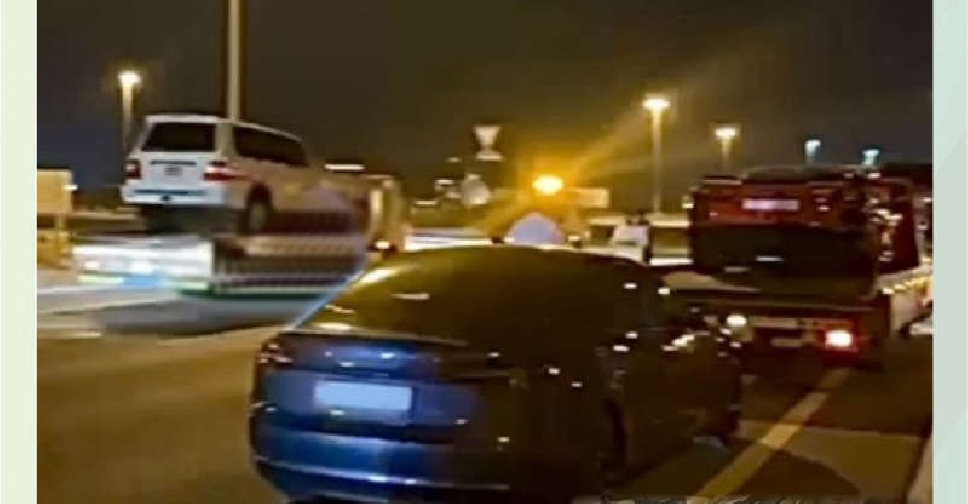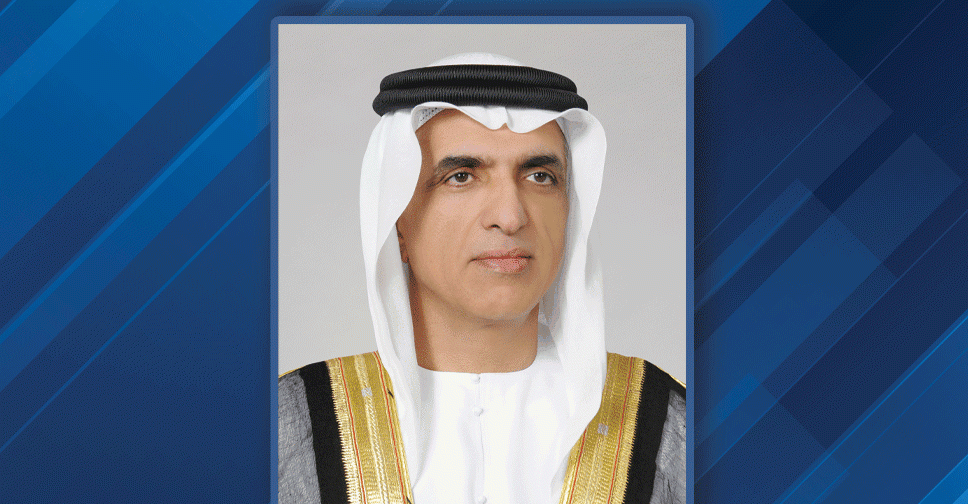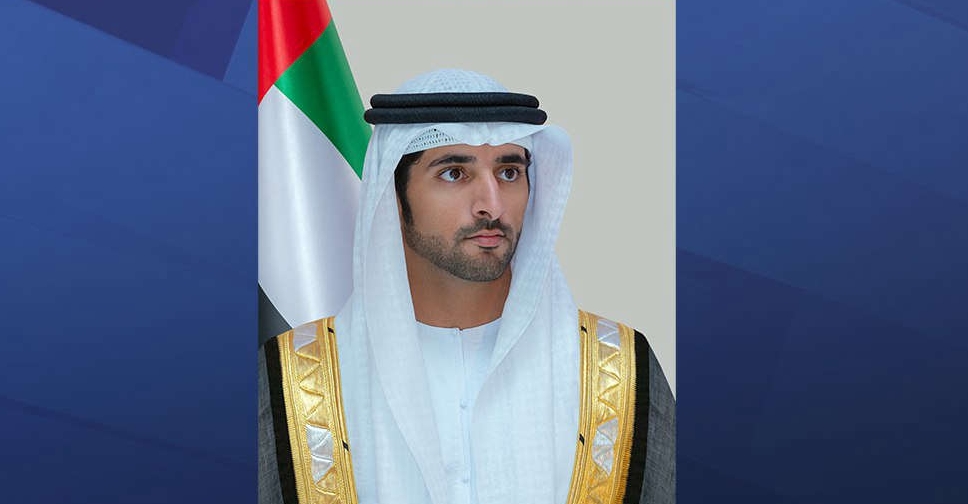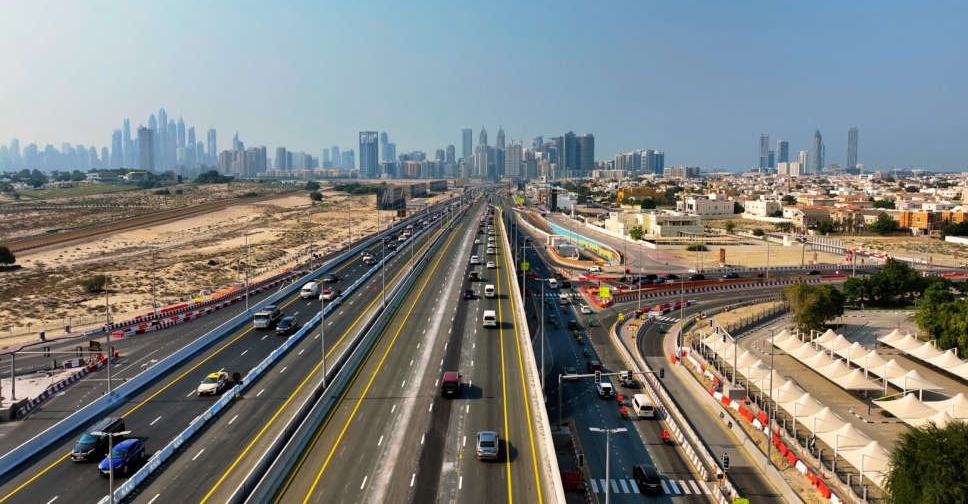
Dubai Police have confiscated 33 vehicles involved in serious traffic violations, including drifting, street racing and driving against the flow of traffic.
The cars were seized during a crackdown on unruly drivers, in response to reports from residents.
"We received reports of some reckless drivers committing severe traffic violations and driving in the opposite direction of traffic on different roads, including Jebel Ali - Lehbab Road, Jumeirah Road, and First Al Khail Steet," said Major General Saif Muhair Al Mazroui, Director of the General Department of Traffic at Dubai Police.
"Some motorists are ignorant of the deadly consequences of drifting and racing in unauthorized places. Losing control of vehicles will result in serious injuries and increase the mortality rate," he added.
Maj. Gen. Al Mazroui said that traffic patrols have been instructed to take a zero-tolerance approach to speeding and illegal street racing.
He called on motorists to abide by traffic laws and pointed out that there are designated places for drifters to perform their stunts.
Al Mazroui also urged the public to report violations and reckless behaviours via the "We Are All Police" feature on the Dubai Police app or by calling 901.
#News | Dubai Police seize 33 Vehicles for violating Traffic Laws
— Dubai Policeشرطة دبي (@DubaiPoliceHQ) October 10, 2022
Details:https://t.co/TT46JJnT9y#YourSecurityOurHappiness#SmartSecureTogether pic.twitter.com/Dk5wtvrVfR




 UAE approves innovative treatment for heart failure
UAE approves innovative treatment for heart failure
 Saqr Humanitarian Ship to support Gaza relief efforts
Saqr Humanitarian Ship to support Gaza relief efforts
 H.H. Sheikh Hamdan launches campaign to celebrate Emirati culture
H.H. Sheikh Hamdan launches campaign to celebrate Emirati culture
 Dubai's RTA opens first phase of Hessa Street upgrade
Dubai's RTA opens first phase of Hessa Street upgrade
